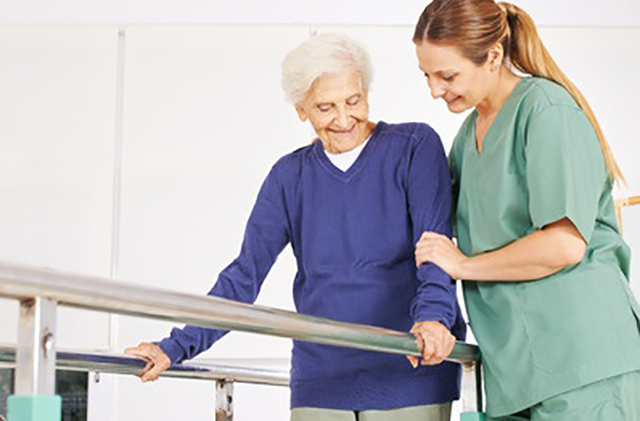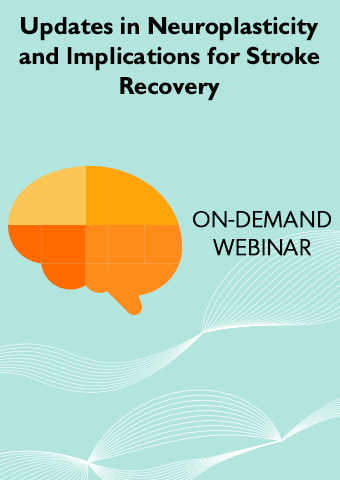Some Of Stroke Support Groups
Table of ContentsThe 15-Second Trick For Stroke Support GroupsHow Stroke Support Groups can Save You Time, Stress, and Money.Examine This Report on Stroke Support Groups
Stroke can change your life in an immediate. However quality rehabilitation can help you recover. It's essential to make informed decisions about rehabilitation quickly, which can be overwhelming. Our guide will help you get begun. It consists of information you and your family require to prepare your rehabilitation journey. The finest outcomes can just be achieved through the combined efforts of your family, your team of health care specialists and, of course, you - stroke support groups.Our Stroke Program is consisted of an experienced team of professionals who offer specialized care to help people restore function from the physical and psychological impacts following a stroke. Through extensive therapy, our team is devoted to offering the most total and optimum healing possible. Prevention, recognition, assessment, and treatment of conditions connected to stroke and its problems.
To help clients restore the most function possible after a stroke, our interdisciplinary group of clinicians works with them on an individual basis. We implement a treatment strategy designed to make the most of prospective and complement medical interventions by offering an interdisciplinary group technique to care. Early action is vital when a patient suffers a stroke.
Our extreme inpatient program provides a tailored treatment plan for each patient and continuous care with the objective of preparing individuals to return home independently or with help from member of the family or other care service providers. Going home rapidly Short lengths of stay Lessening health center readmission Key recommendations from the ASA's Grownup Stroke Rehabilitation and Recovery Guidelines supply the very best scientific practices for adults recuperating from stroke.
The standards recommend there is strong evidence that arranged, interdisciplinary stroke care such as that supplied by an Inpatient Rehabilitation Facility (IRF) not only minimizes death rates and the possibility of institutional care and long-term special needs, but also improves healing and increases independence in activities of day-to-day living. To this end, all clients who might qualify must be assessed by IRF clinicians so the proper level of look after each patient might be pursued.
Clients admitted to the inpatient rehab healthcare facility benefit from specialized, intense treatment and nursing look after medical and functional needs that should avoid them from going to a less extreme level of care. Optimizing your independence, health and mobility Daily activities of living such as eating, dressing, grooming, bathing, and homemaking Bowel and bladder management Communication through speaking and writing Swallowing Improving memory and judgment Speech and language Balance and coordination Mental adjustment Self-image Treatment delivery and intensity of service is figured out as part of the personalized plan of care and will normally consist of a mix of 30- to 60-minute treatment sessions for 3 or more hours most days.
The smart Trick of Stroke Support Groups That Nobody is Talking About
Our team of health specialists will interact with the client and the client's caretakers towards recovery from a stroke. Physicians specializing in rehab providing everyday oversight Rehabilitation nurses Physiotherapists who deal best site with issues with movement, walking, balance and coordination Occupational therapists who help clients restore self-reliance with eating, bathing, dressing, composing and other daily tasks Qualified speech therapists who assist clients recuperate speech, language, cognitive and swallowing skills Orthotic/adaptive equipment experts Nutritional therapists this contact form Case managers/social workers Neuro/clinical psychologists Because household is typically a fundamental part of the healing process, the rehab staff provides stroke education and training to close relative.
Other activities might include stroke education classes as well as a stroke support group. It is necessary for the patient and household to get direction in many areas to help facilitate the readjustment to a satisfying lifestyle. The case supervisor will assist with the needs of the client after the rehab journey has actually been finished with making the necessary plans for devices, outpatient services, and house services.
There is startling individual irregularity in the degree to which individuals recover from stroke and the period of time over which recovery of some symptoms takes place. There are a range of systems of healing from stroke which occur at distinct time points after stroke and are influenced by various variables. stroke support groups.



Examine This Report on Stroke Support Groups
Many of the brain, in truth, supports cognitive and integrative processes underlying intricate systems, such as attention, working memory, cognitive control, and language that are crucial for these activities. Yet, stroke outcomes research typically has concentrated on recovery of really basic activities of day-to-day living, such as feeding oneself and walking.
ninds.nih. gov/doctors/nih _ stroke_scale. pdf). An MRS rating of 3 corresponds to moderate disability, specified as "requires some assistance, however able to walk without help." An MRS score of 2, slight impairment, is defined as "unable to carry out all previous activities, however able appearance after own affairs without assistance." A rating of 2 encompasses the status of all of those people who are unable to go back to their previous work since of moderate or moderate language or cognitive deficits (e.